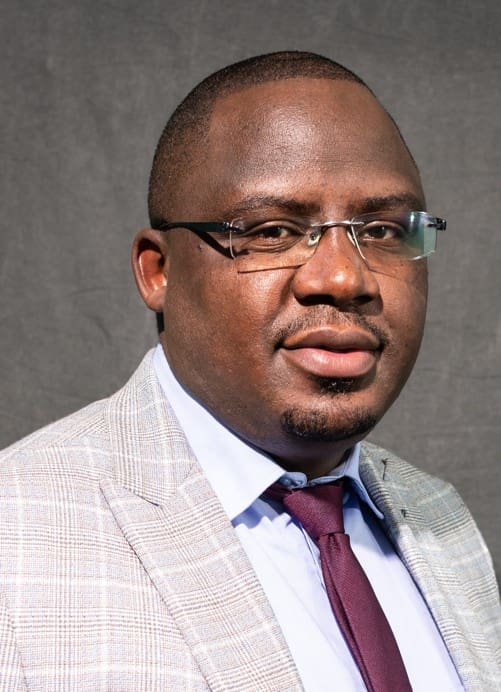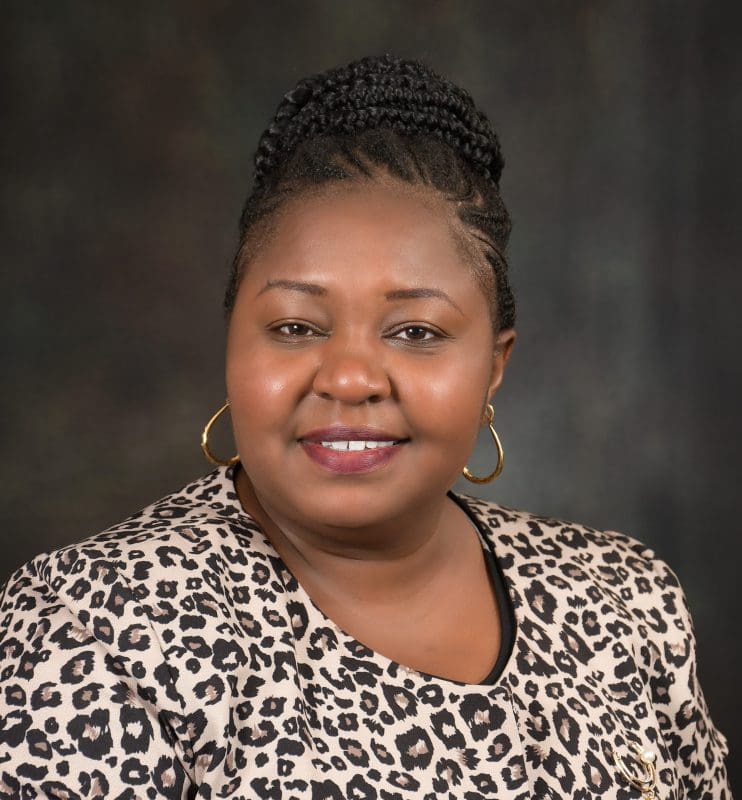
Women’s Economic Empowerment Evidence Learning Partnership for Kenya (WEE CoP)
2021 - 2024
Bill and Melinda Gates Foundation
Kenya
Adolescents and Youth, Care economy, Economic Opportunity & Security, Employment and Enterprises, Financial Inclusion
Action Aid International
Chryspin Afifu
This investment aims to strengthen the efficiency, effectiveness, and sustainability of the portfolio of work on women’s economic empowerment in Kenya. ICRW will lead the creation of the new WEE Community of Practice (CoP) Kenya, which will coordinate learning, amplify findings, build capacity of CoP members, and enhance collaboration between key stakeholders to share evidence and best practice in various virtual fora and conferences. In addition, ICRW will partner with Action Aid International to support their advocacy goals and engagements with policymakers at both the national and county levels.
To learn more about the community of practice and get involved, visit our WEE CoP Website, here.
What Did We Set Out to do?
The WEE CoP Kenya will foster collaboration and learning across organizations working in similar domains (e.g., childcare, skills training) in the same or different geographies, or with complementary skills, as well as organizations working on different aspects of WEE. This project will:
- Increase awareness, collaboration and learning around ongoing efforts to collect and implement relevant data and evidence related to WEE in Kenya;
- Increase output and uptake of high-quality, timely and multi-dimensional evidence;
- Broaden the dialogue on the future for WEE in Kenya; and
- Identify accelerators to inform gender-transformative systemic and policy change through collaborative dialogue across networks of researchers, practitioners, CSOs, grassroots women and girls, media, donors, and the private and public sectors.
By 2024, this project’s primary results will be that high-quality, in-country research and evaluation in Kenya–led by partnerships with in-country governments and researchers–is informing policies and programs related to unpaid care, sex segregation, and women’s employment and entrepreneurship.
ICRW will also work closely with the Foundation and other partners, such as JPAL, IPA, Nathan Associates and ICRW’s global advocacy team, to translate learnings from the WEE-related research and programs to inform the development of the investment strategy on WEE in Kenya. Through its leadership of WEE CoP Kenya, ICRW will put in place clear mechanisms for knowledge sharing across the Global WEE/WECs Advocacy and Communications Hub (managed by ICRW US), and the regional advocacy efforts being undertaken by the East Africa Women’s Economic Empowerment Evidence Advocacy and Communications Hub (managed by Action Aid).
What Methods Are We Using?
WEE CoP Kenya will improve alignment, coherence and synergy across WEE researchers and implementing partners in Kenya and foster a strong ‘ecology of evidence’ for improved sharing, visibility and amplification of work at local, county, national and international levels. ICRW will engage with BMGF grantees, and with private and public institutions in Kenya engaged in WEE research, to ensure continued alignment on BMGF’s strategic vision for evidence and data on what works for women and girls in Kenya.
ICRW will work with BMGF to identify priorities and partners, and facilitate monthly information-sharing meetings and learning networks by thematic area. During the inception phase, ICRW will engage with Action Aid to bring onboard communications and advocacy experts to inform messaging and framing and advise on opportunities for impact, and will develop a communications plan for the CoP. We will also establish technical working sub-groups to encourage active participation and contribution to the CoP. WEE CoP Kenya will provide a platform and opportunity for partners to showcase their work to other CoP members and at national and international fora.
The CoP will facilitate connections between key stakeholders engaged in WEE in Kenya through in-person trainings and webinars in collaboration with expert consultants and partners. ICRW will provide technical capacity-building to members, enabling them to conduct rigorous research and analysis to build the knowledge base on WEE in Kenya. We will also respond to direct requests for individual technical assistance from partners as needed.
Project Team

Chryspin Afifu

